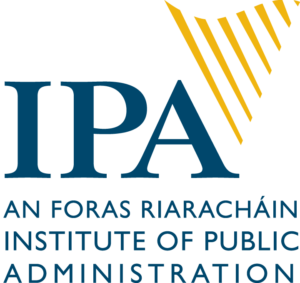Course Description
Introduction to Criminal Investigation: Processes, Practises and Principles
Alison
Learn how to legally conduct a criminal investigation in this free online street law course. This course introduces you to the processes, practices and principles that drive criminal investigations. Such investigations are imprecise undertakings that combine unpredictable, dynamic events with incomplete information to guide the process. As there are no precise methodologies, this course lays out the important concepts, laws and processes typically utilized in criminal investigations to train you to adapt them your own context.
| Course Code | 1968 |
| College Name | Alison |
| Course Category | Business, Criminal Law, Law |
| Course Type | Online Learning |
| Course Qualification | CPD Certificate |
| Course Location | Online Course |
| Delivery mode | |
| Course Fee | Free |
| Course Duration | 1.5-3 hours |
| Entry Requirements | Like all courses on the Alison Free Learning platform this is a free, CPD-accredited course. A Graduate can choose to buy a certificate or diploma upon successful completion of a course, but this is not required or necessary. At Alison we believe that free education, more than anything, has the power to break through boundaries and transform lives. Alison is the world’s largest free online empowerment platform for education and skills training, offering over 5000 CPD accredited courses and a range of impactful career development tools. It is a for-profit social enterprise dedicated to making it possible for anyone, to study anything, anywhere, at any time, for free online, at any subject level. Through our mission, we are a catalyst for positive social change, creating opportunity, prosperity, and equality for everyone. |
| Career Path | In This Free Course, You Will Learn How To • Identify the traits common to good investigators • Identify the role of ‘Actus Reus’ and ‘Mens Rea’ in criminal investigations • Categorize the various types of evidence • Explain how to classify a criminal event as ‘active’ or ‘inactive’ • Outline the proper handling and management of evidence • Compare the processes of interviewing, questioning and interrogating suspects • Discuss the forensic sciences essential to modern criminal investigations • Evaluate the importance of thinking through the process of a criminal investigation • Define the ‘burden of proof’, the idea of ‘reasonable doubt’ and ‘reasonable grounds' • Recognize the different types of witnesses • Outline how to maintain the integrity of crime scenes |






Comments, Questions & Reviews